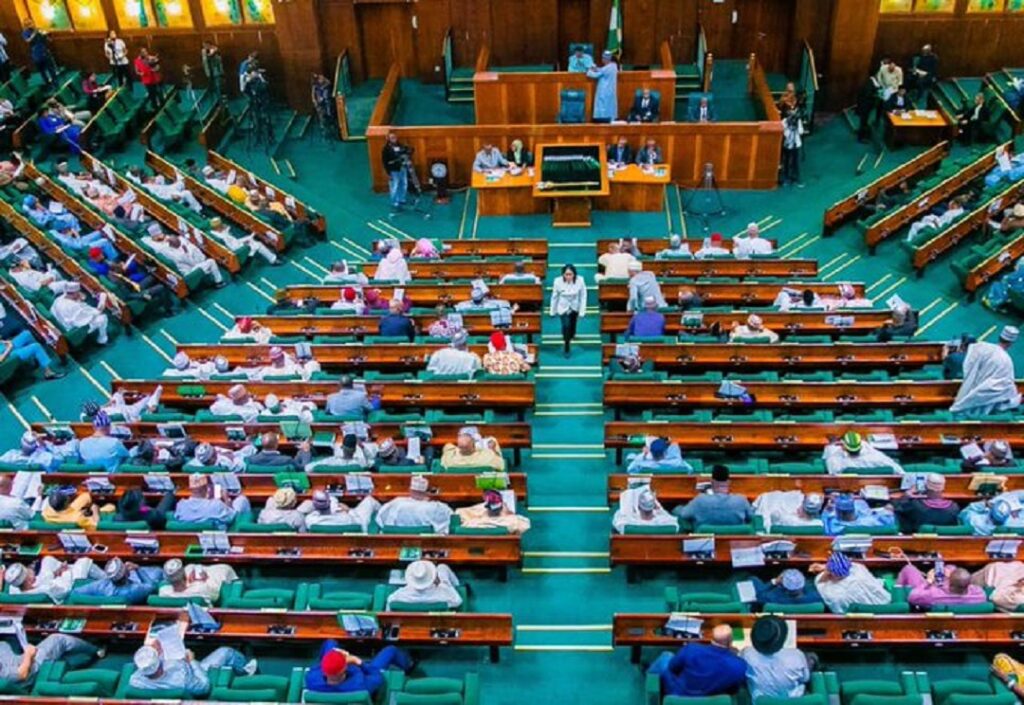… Lawmakers move to end post-election court battles before swearing-in
… Stakeholders Demand Electronic Voting, Early Balloting For Security Officers
The National Assembly has proposed that the 2027 presidential and governorship elections be held in November 2026, about six months earlier than usual, to allow the resolution of all post-election cases before elected officials are sworn in.
The proposal forms part of the ongoing amendment to the Electoral Act 2022, discussed on Monday during a public hearing of the Joint Committee on Electoral Matters, chaired by Senator Simon Lalong (APC, Plateau South).
According to Section 4(7) of the draft bill, “Elections into the office of the President and Governor of a State shall be held not later than 185 days before the expiration of the term of office of the last holder of the office.”
Given that the current administration ends on May 29, 2027, the new timeline would shift the next general elections to November 2026 — about three months earlier than the traditional February or March schedule.
Explaining the rationale, Hon. Adebayo Balogun, Chairman, House Committee on Electoral Matters, said the change would ensure that all election disputes are concluded before winners assume office.
“We are proposing that all election litigations be completed before the swearing-in of declared winners,” Balogun said. “To achieve this, we want tribunal judgments within 90 days and appellate or Supreme Court decisions within 60 days.”
He noted that the proposal would also require constitutional amendments, particularly to Sections 285 and 139 of the 1999 Constitution, to align the legal timelines.
At the hearing, several stakeholders, including representatives of the Independent National Electoral Commission (INEC) led by Prof. Abdullahi Zuru, supported provisions for electronic voting and result transmission to strengthen electoral transparency.
Under the new proposal, Section 60(5) of the amended Act would make it mandatory for presiding officers to transmit results both electronically and manually. Any violation would attract a ₦1 million fine, one-year imprisonment, or both.
The bill also introduces early voting for categories such as security agents, journalists, INEC staff, observers, and ad-hoc personnel, who would vote up to 14 days before the main election day.
Another significant recommendation is the removal of election timelines from the Constitution and their transfer into the Electoral Act, to allow future adjustments without constitutional hurdles.
Stakeholders described the proposals as “timely and practical,” noting that early elections and faster judicial timelines could curb the recurring trend of elected officials being unseated mid-tenure by court rulings.
PLATFORM TIMES reports that if adopted, the reforms would mark one of the most consequential overhauls of Nigeria’s election process since 1999, aiming to improve credibility, reduce post-election tension, and strengthen public trust in democratic institutions
Do you want to share a story with us? Do you want to advertise with us? Do you need publicity for a product, service, or event? Contact us on WhatsApp +2348183319097 Email: platformtimes@gmail.com
We are committed to impactful investigative journalism for human interest and social justice. Your donation will help us tell more stories. Kindly donate any amount HERE




